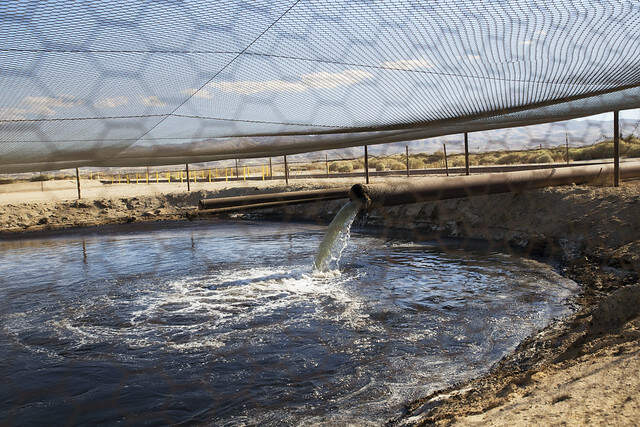
By Alex Ortiz, Sierra Club Lone Star Chapter's Water Resources Specialist
Since the passage of HB 2771 in 2019, the Sierra Club knew it was only a matter of time before the Texas Commission on Environmental Quality (TCEQ) would leap at the chance to permit the discharge of fracking wastewater into our rivers and streams. Back in December of 2020, we wrote about how the Environmental Protection Agency (EPA) published a public notice in the Federal Register the day after Thanksgiving. This notice was concerning the application from TCEQ, specifically requesting authorization to permit “produced water” which is a term that means wastewater that is produced during the “fracking” process.
The Public Comment Period for TCEQ’s application ended yesterday, and there ’s no shortage of major issues with TCEQ’s application. From the minimal public comment period to TCEQ’s disastrous environmental enforcement record, it’s clear that TCEQ should not be allowed to permit an entirely new group of wastewater until major changes occur. Holding a comment period over numerous Federal and State holidays during the COVID-19 pandemic is a thinly veiled way of suppressing public engagement.
It’s even more frustrating that EPA and TCEQ would extend their own time to review such comments (they extended their decision deadline to January 19) but not extend the Public’s ability to engage with the process. Not to mention that the review period should actually end on February 4 by law because TCEQ’s application required a “clarification”.
Not only does state law provide wholly inadequate legal authority for TCEQ to be able to protect our waters, the State also does not even provide adequate funding to TCEQ to carry out this important mission, and it shows. While the untrustworthy Attorney General of Texas said that his office “agrees” to follow federal law and not disenfranchise Texans of their right to protect their water, State law tells a different story. The State has already impeded everyday Texans’ ability to get involved through implementation of laws like SB 709 from the 2015 Legislative Session, a bill that limits who can request a contested case hearing to protect waters in our state.
Beyond that, Texas and EPA failed to outline how our most vulnerable rivers (like the Pecos River) and our most vulnerable wildlife will be protected in this new permitting process. The failure to discuss protections for endangered species and our impaired waters shows that protecting human health, wildlife, and access to clean water may be an afterthought in this process.
Indeed, part of the issue is that neither EPA nor the State has even established adequate effluent limits for wastewater from oil and gas fracking operations, nor have they even studied all of the chemicals present in the chemicals being stuffed underneath the earth, and the chemicals that come back. Until we fully study the constituents and have heath-based scientific standards established, the whole effort is contrary to the precautionary principle.
Finally, it’s clear that there is an issue here dripping with environmental racism. The 98th Meridian Rule, which if implemented would allow minimally treated (or in some cases, untreated) water to be dumped anywhere west of the 98th Meridian, would disproportionately affect Brown, Latinx, and Indigenous communities. The communities that would be affected by this rule, like San Antonio, El Paso, Laredo, McAllen, Del Rio, Edinburg, and Mission, nearly every county along the Texas-Mexico border and other counties in West/North Texas, are communities that are majority Brown, Latinx by population.
The Sierra Club and other organizations submitted these joint comments to raise these issues, aiming to prevent the further pollution of Texas waters.
While we fully expect that this Administration while in its last days of power may well seek to approve the application a day before President Trump leaves office, we will definitely be talking about this issue with the new Administration.